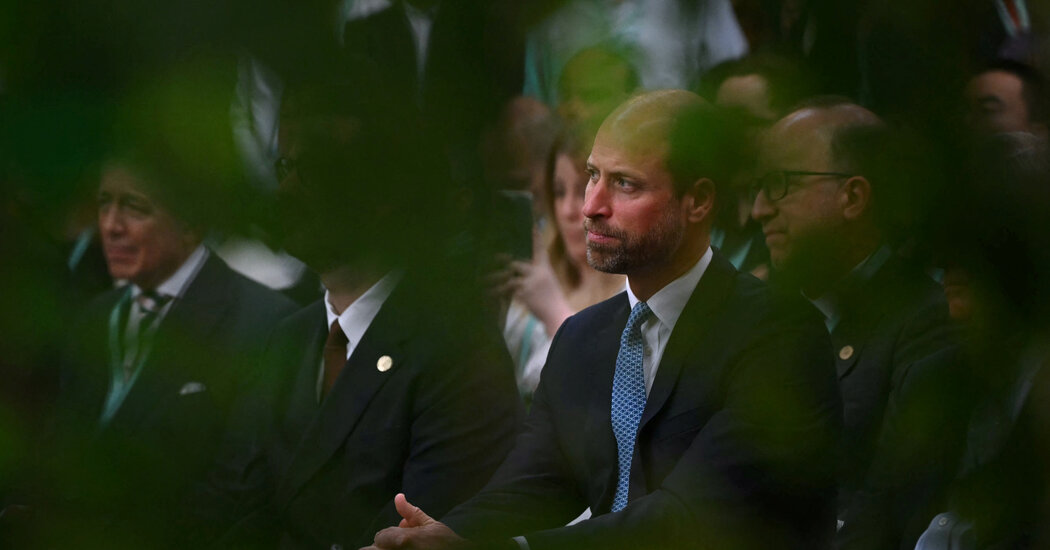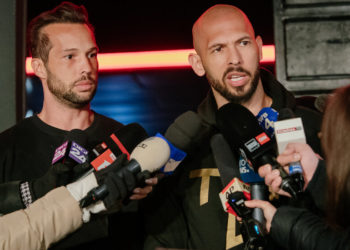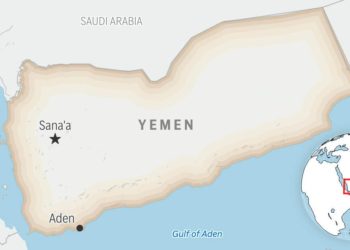When Saulo Jennings heard he would be cooking for an heir to the British throne, the Brazilian chef knew he wanted to showcase the star ingredient of the Amazon: a huge, fleshy river fish called pirarucu.
That heir, Prince William, was hosting an environmental awards ceremony by the Earthshot Prize for 700 guests in Rio de Janeiro in early November, his first visit to Brazil. Creating the canapés seemed like the perfect job for Mr. Jennings, an acclaimed chef from the Amazon known for using sustainable ingredients from the rainforest.
But there was a catch: The menu had to be 100 percent vegan, Mr. Jennings said he was informed by the Earthshot organization.
At first, convinced he had misunderstood, the chef said he offered to add a vegan option to the menu. Then, he said, when he was told he could not use any of the cherished river fish species central to his dishes and to the Amazon region’s cuisine, he grew offended.
“It’s like asking Iron Maiden to play jazz,” Mr. Jennings said in an interview on Friday. “It was a lack of respect,” he added, “for local cuisine, for our culinary tradition.”
After much coaxing by the museum that will host the event, Mr. Jennings said he created a vegan menu inspired by Amazonian ingredients like cassava root, jambu leaf and Brazil nuts. But by then, negotiations over the catering of the event had broken down. And now, he is out as the caterer for the event, scheduled for Nov. 5.
“I have nothing against vegans or British people,” he said. “But I don’t want to abandon my culinary mission.”
The chef’s indignation at the demand made headlines in Brazil, as many read the menu request as a snub to the rich culinary tradition of the Amazon region, where the United Nations’ annual climate conference will be held. William, along with heads of state, scientists and policymakers from around the world, will attend.
Mr. Jennings was perplexed, too. He had cooked with no problem for the coronation ceremony of King Charles III, William’s father, at the British Embassy in Brazil.
“I made fish and chips,” he said, “but with pirarucu.”
The menu controversy has also raised questions around what counts as climate-friendly food, at a time when consumers are increasingly worried about sustainability and brands are eager to label ingredients as responsibly sourced.
A spokesman for William declined to comment on the situation. But a person close to the climate event, who asked to remain anonymous in order to discuss the sensitive issue publicly, said that the prince had not been involved with the menu.
The person said that the event for the Earthshot Prize, which awards millions of dollars to recipients for their contribution toward environmentalism, had asked for vegetarian, rather than vegan, food because it always serves that type of menu as part of its commitment to sustainability.
In the end, Mr. Jennings, the person said, was ultimately not selected to cater the event because of budgetary constraints, not because of any resistance to creating a fish-free menu.
While a vegetarian menu excludes meat and fish, a vegan diet omits all products made from animals, including milk, cheese and honey.
Mr. Jennings built his career arguing that true sustainability is anchored in the traditional culinary techniques that have been used for generations by Indigenous people in his home region.
“We eat whatever the forests give us, whatever the rivers give us,” said Mr. Jennings, who is a U.N. gastronomy ambassador. “Some days, we eat fish. Other days, we eat nuts and açai,” he added. “This is also sustainable.”
Environmental advocates say that a key way to halt the destruction of the Amazon is by encouraging sustainable use of its riches. This includes the collection of Brazil nuts and controlled fishing of native fish species, which thrive in Amazon rivers.
The pirarucu species has proved to be one such success story. A prehistoric fish that can grow up to 440 pounds, it was hurtling toward extinction just a few decades ago, as illegal poachers haphazardly ransacked rivers for the lucrative fish.
But over the past few years, many community projects in the Amazon have succeeded in curbing overfishing and creating more sustainable pirarucu supply chains. This sustainably sourced fish is then sold to customers like Mr. Jennings, who transforms it into refined dishes sold in his three restaurants in Brazil.
In a few weeks, Mr. Jennings will have another opportunity to show off his region’s culinary traditions. He has been hired to cook for the Norwegian and Chinese delegations at the climate conference.
And, at the request of the Brazilian president, Luiz Inácio Lula da Silva, he will cater a dinner reception for heads of state, he said.
What will be on the menu?
“With all due respect,” he said, “there will be fish.”
Lis Moriconi contributed reporting.
Ana Ionova is a contributor to The Times based in Rio de Janeiro, covering Brazil and neighboring countries.
The post Vegan Menu for Hosting Prince Leaves a Chef in the Amazon Fuming appeared first on New York Times.




